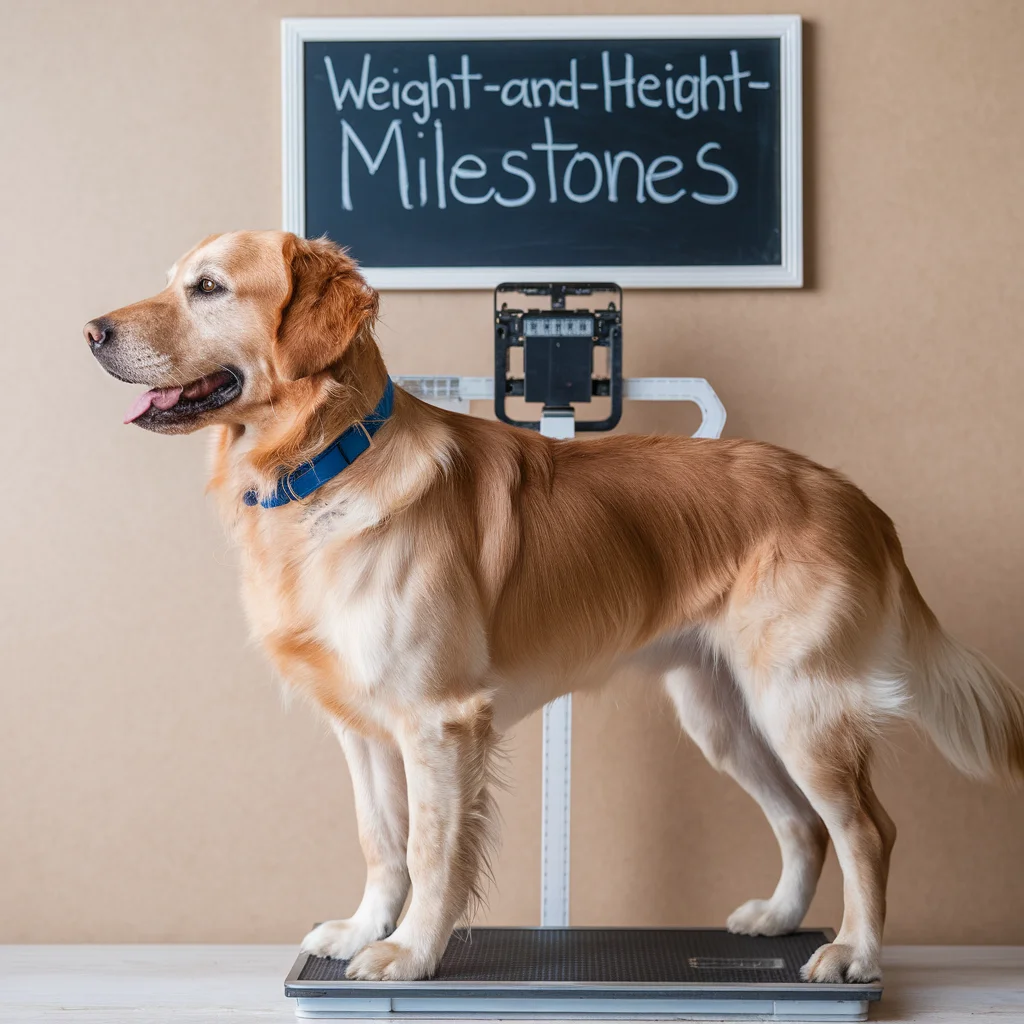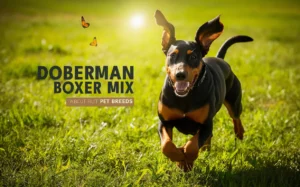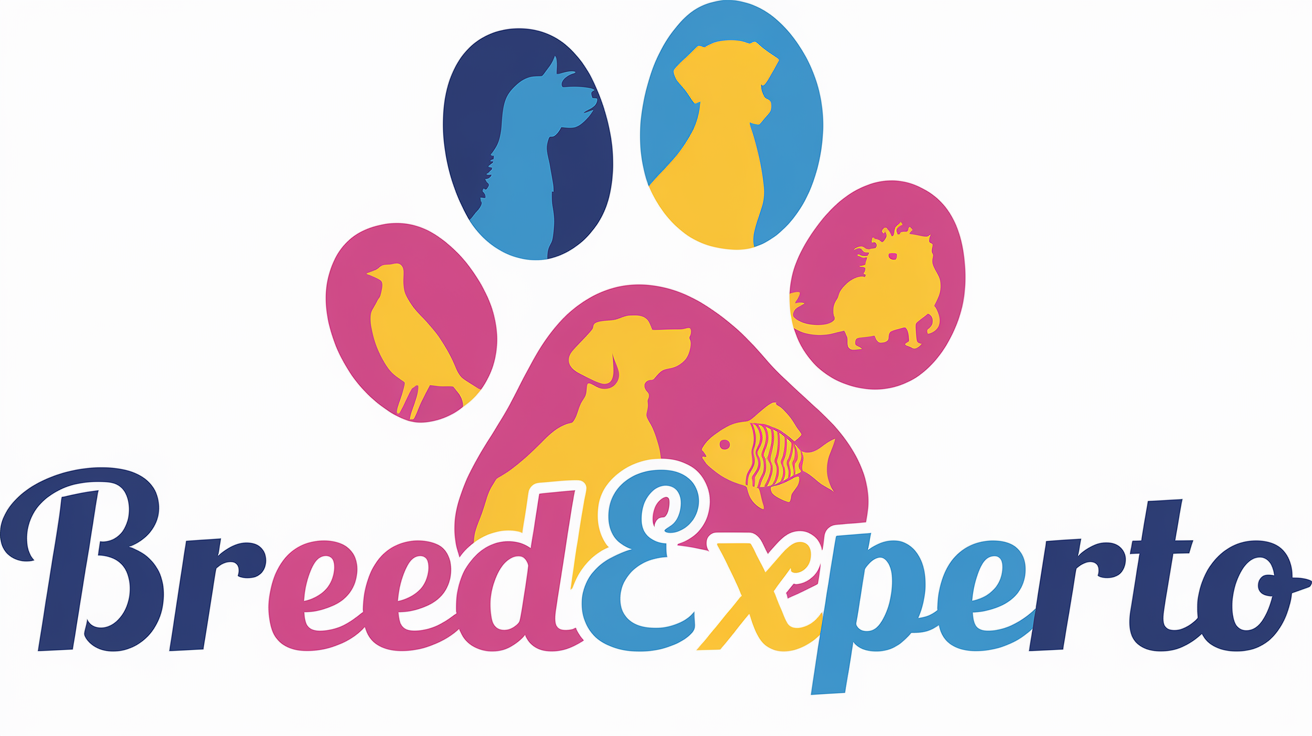Cavalier King Charles Spaniels are known for their charming demeanor and playful nature, making them one of the most beloved dog breeds.
As a responsible owner, understanding their growth stages is crucial for providing the best care possible.
This guide covers everything from weight and height milestones to common health issues associated with growth.
Let’s dive deep into the comprehensive growth journey of your Cavalier King Charles Spaniel.
Weight and Height Milestones

Monitoring your Cavalier King Charles Spaniel’s growth is essential. Understanding their weight and height at different stages helps ensure they develop properly. Generally, a healthy Cavalier grows consistently throughout its early years.
How to Properly Weigh and Measure Your Cavalier King Charles Spaniel
- Weighing: Use a digital scale for accuracy. Place your dog gently on the scale, and note the weight. For puppies, weigh them weekly until they reach six months old; then monthly until they’re fully grown.
- Measuring Height: To measure your dog’s height, stand them next to a wall and mark their shoulder height on the wall. Use a measuring tape to get the measurement.
Growth Chart for Males and Females
| Age (Months) | Male Weight (lbs) | Male Height (inches) | Female Weight (lbs) | Female Height (inches) |
| 2 | 2.5 – 4.5 | 8.5 – 10.5 | 2.5 – 4.0 | 8.0 – 10.0 |
| 4 | 5.0 – 7.5 | 10.0 – 12.0 | 4.0 – 6.0 | 10.0 – 11.5 |
| 6 | 7.0 – 10.0 | 11.0 – 12.5 | 6.0 – 9.0 | 11.5 – 12.5 |
| 12 | 10.0 – 13.5 | 12.0 – 13.0 | 8.0 – 12.0 | 12.0 – 13.0 |
| 18 | 13.5 – 18.0 | 12.5 – 13.5 | 10.0 – 14.0 | 12.5 – 13.5 |
| Adult | 13 – 18 | 12 – 13 | 11 – 15 | 11 – 13 |
Key Growth Stages of a Cavalier King Charles Spaniel

Understanding the various growth stages of your Cavalier King Charles Spaniel is vital. Each stage comes with unique needs and developmental milestones.
The Neonatal Period (0-2 Weeks)
During the neonatal period, puppies are entirely dependent on their mother for nourishment and care. They rely on the warmth and security provided by their mother and littermates. Key characteristics include:
- Weight: Puppies typically weigh around 5-10 ounces at birth and double their weight by the end of this period.
- Development: Senses such as touch and smell begin to develop. Puppies cannot see or hear yet.
The Transitional Period (2-4 Weeks)
In this stage, puppies begin to open their eyes and ears. They start to explore their environment.
- Social Development: Puppies start to interact with their siblings and learn essential social skills.
- Weight: By four weeks, they may weigh between 1.5 to 3 pounds.
The Socialization Period (4-12 Weeks)
This is a critical phase for socialization. Puppies need to be exposed to various environments, sounds, and people.
- Training: Introduce basic commands and gentle handling to build confidence.
- Vaccinations: This is an essential time for vaccinations; consult your vet for the schedule.
The Juvenile Period (3-6 Months)
Puppies experience significant growth during this stage. They become more independent and begin to assert themselves.
- Teething: Expect discomfort and changes in chewing behavior.
- Weight: By six months, they typically weigh between 7 to 10 pounds.
The Adolescent Period (6-12 Months)
Adolescence can be a challenging time, as your Cavalier King Charles Spaniel may test boundaries.
- Behavioral Changes: Increased energy levels and potential stubbornness.
- Sexual Maturity: This is when most dogs reach sexual maturity, leading to considerations around spaying or neutering.
The Adult Period (1-7 Years)
By this stage, your dog reaches its full size and weight.
- Stability: Behavior stabilizes, and training sessions become easier.
- Maintenance: Focus on maintaining a balanced diet and regular exercise.
The Senior Period (7+ Years)
Cavalier King Charles Spaniels are considered seniors once they reach seven years of age.
- Health Monitoring: Regular veterinary check-ups become crucial, as older dogs may develop age-related health issues.
- Activity Level: You may notice a decrease in energy; adjust exercise routines accordingly.
Factors Affecting Cavalier King Charles Spaniel Growth
Understanding the factors that influence growth can help you support your Cavalier King Charles Spaniel’s development effectively.
Genetics
Genetics plays a significant role in determining the size and growth pattern of your dog. Key points include:
- Parental Size: Puppies often inherit their size from their parents. If both parents are on the larger side of the breed standard, expect their puppies to be too.
Diet and Nutrition
Proper nutrition is vital for healthy growth.
- High-Quality Puppy Food: Choose a balanced diet with appropriate protein and fat levels. Look for brands that specify growth support on their packaging.
- Feeding Schedule: Puppies should be fed three to four times a day until they are six months old, then transition to two meals a day.
Exercise
While exercise is crucial for muscle development, it’s essential to avoid overexertion during growth phases.
- Puppy Playtime: Engage in gentle play that encourages physical activity without straining their joints.
- Short Walks: Gradually increase the length and intensity of walks as your dog grows.
Health Conditions
Certain health conditions can impact growth. Be aware of these common issues:
- Syringomyelia: This condition affects many Cavaliers and can cause pain and developmental issues. Early detection is vital.
- Mitral Valve Disease: A heart condition prevalent in this breed, leading to complications as they age.
Common Growth-Related Health Issues
Being aware of health issues related to growth can help you provide the best care for your Cavalier King Charles Spaniel.
Hip Dysplasia
This genetic condition results in improper formation of the hip joint, leading to arthritis.
- Signs: Difficulty in getting up, reluctance to run or jump, and abnormal gait.
- Prevention: Maintain a healthy weight and avoid excessive jumping during the growth period.
Patellar Luxation
Patellar luxation, or “slipped kneecap,” is common in small breeds, including Cavaliers.
- Symptoms: Intermittent lameness, skipping, or holding up a leg.
- Management: Mild cases may only require monitoring, while severe cases may need surgical intervention.
Syringomyelia
A painful condition where cavities form within the spinal cord.
- Detection: Look for signs like sensitivity around the neck or head.
- Treatment: Regular veterinary check-ups and medication may be necessary.
Obesity
Maintaining a healthy weight is critical.
- Prevention: Monitor food intake and provide regular exercise. Overfeeding can lead to obesity, which exacerbates other health issues.
Heart Conditions
Mitral valve disease is common in older Cavaliers and requires careful monitoring.
- Signs: Coughing, difficulty breathing, or lethargy.
- Consultation: Regular vet visits for heart checks are crucial, especially as they age.
Frequently Asked Questions About Cavalier King Charles Spaniel Growth
What is the average size of a fully grown Cavalier King Charles Spaniel?
A fully grown Cavalier typically weighs between 13 to 18 pounds and stands about 12 to 13 inches tall at the shoulder.
How can I ensure my puppy is growing at a healthy rate?
Regular vet check-ups, maintaining a balanced diet, and providing appropriate exercise are crucial. Tracking your puppy’s weight weekly can help monitor their growth.
At what age do Cavalier King Charles Spaniels stop growing?
Most Cavaliers stop growing between 12 to 18 months, although they may continue to fill out slightly until about two years of age.
How much should a Cavalier King Charles Spaniel weigh at 6 months?
By six months, a Cavalier King Charles Spaniel should weigh approximately 7 to 10 pounds, depending on genetics and diet.
What should I do if my puppy isn’t growing as expected?
If you notice your puppy is not gaining weight or growing at the expected rate, consult your veterinarian. They can evaluate dietary needs and rule out health issues.
Tips for Supporting Healthy Growth
Supporting your Cavalier King Charles Spaniel’s growth involves a few key practices:
- Regular Vet Check-ups: Keep up with vaccinations and health screenings.
- Nutritional Supplements: Talk to your vet about appropriate supplements for joint health or growth support.
- Growth Tracking Log: Maintain a log to track weight, height, and health milestones.
Conclusion
Cavalier King Charles Spaniels are a delightful breed with unique growth patterns and needs. Understanding their growth stages, maintaining a balanced diet, and keeping up with veterinary care will help ensure your dog leads a happy and healthy life
By being proactive in monitoring their growth and addressing any potential health issues, you’ll be well-equipped to support your Cavalier through all its stages of life. Embrace the journey, and enjoy every moment with your furry friend!












